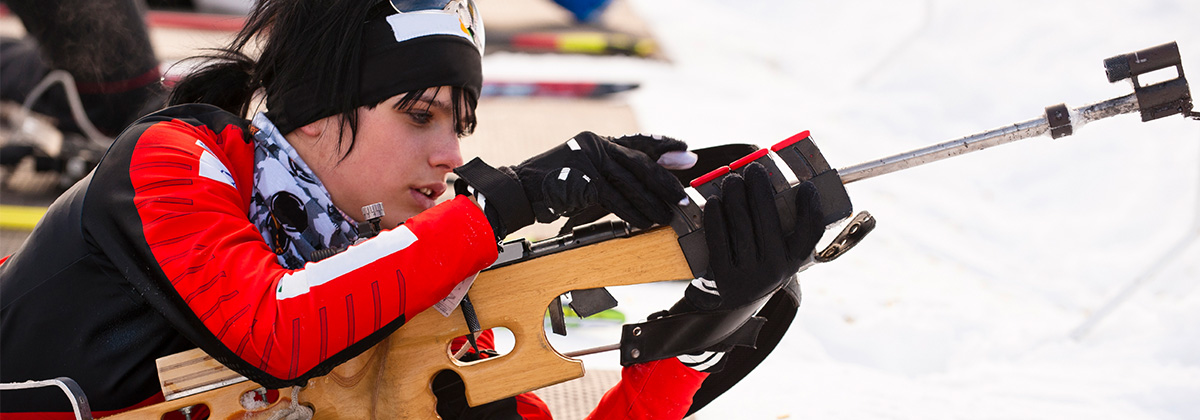
Long-Term Athlete Development addresses historical problems in sport. Long-Term Development framework has been developed to answer issues that have historically hampered athlete development in many Canadian sports. Long-Term Development is designed to address problems such as over-competing, under-training, ignoring developmental stages, and more. Long-Term Development addresses several traditional shortcomings in the Canadian sport system that have led to serious consequences in the training and development of our athletes.
Shortcomings
- Developmental athletes over-compete and under-train.
- Adult training and competition programs are imposed on developing athletes.
- Training and competition formats designed for male athletes are imposed on females.
- Preparation is geared to winning in the short-term, not long-term development.
- Training and competition is based on chronological age instead of developmental age.
- Most coaches neglect the sensitive periods in physical development when athletes have the best chance of making big gains in training of skills, speed, stamina, strength, and suppleness.
- Fundamental movement skills and sport skills are not taught properly.
- The most knowledgeable coaches work at the elite level, while inexperienced volunteers coach at the developmental level where quality coaching is essential.
- Parents are not educated in developmental principles.
- Developmental training needs of athletes with a disability are not well understood.
- In most sports, the competition system interferes with athlete development.
- There is often no talent identification (TID) system.
- There is no integration between physical education programs in the schools, recreational community programs, and elite competitive programs.
- Sports specialize too early in an attempt to attract and retain participants.
Consequences
- Failure to reach optimal performance levels in international competitions.
- Poor movement abilities.
- Lack of proper fitness.
- Poor skill development.
- Bad habits developed from over-competition focused on winning.
- Undeveloped and unrefined skills due to under-training.
- Female athletes don’t reach their potential due to inappropriate programs.
- Children are not having fun in adult-based programs.
- No systematic development of the next generation of successful international athletes.
- Athletes are pulled in different directions by school, club, and provincial teams because of the structure of competition programs.
- Provincial and national team coaches have to deliver remedial training to counteract the shortcomings of poor athlete preparation.
- National performances fluctuate due to lack of TID and a developmental pathway.
